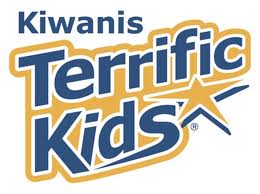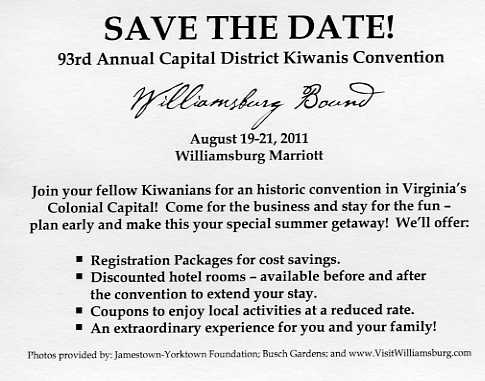Imagination Library/Young Children Priority One
Julie Beebe
Did you know talking and listening to your young child is a pre-reading skill? When you talk to your child you are using words, which in turn have some kind of meaning. Building your child's vocabulary should be a very natural but very important part of your interactions with your child. Talking to and reading with your child are two terrific ways to help them hear and read new words. Conversations and questions about interesting words ("The book says, 'The boy tumbled down the hill,' and look at the picture! How do you think he went down the hill?") are easy, non-threatening ways to get new words into everyday talk.
Sharing a new word with your child does not have to take a long time, just a few minutes to talk about the word and then focus back on the book or conversation. Choose which words to talk about carefully - choosing every new word might make reading seem like a chore. The best words to explore with your child are ones that are common among adult speakers but are less common to see in the books your child might read.
When introducing new words to your young learner, keep the following four helpful hints in mind. First, provide a simple, kid-friendly definition for the new word: Enormous means that something is really, really big.
Second, provide a simple, kid-friendly example that makes sense within their daily life. Remember the really big watermelon we got at the grocery store? That was an enormous watermelon!
Third, encourage your child to develop their own example. What enormous thing can you think of? Can you think of something really big that you saw today? That is right! The bulldozer near the park was enormous! Those tires were huge.
Lastly, keep your new words active within your house.
Over the next few days and weeks, take advantage of opportunities to use each new vocabulary word in conversation. Take the time to share new words and build your child's vocabulary. You'll be enormously glad you did!

























